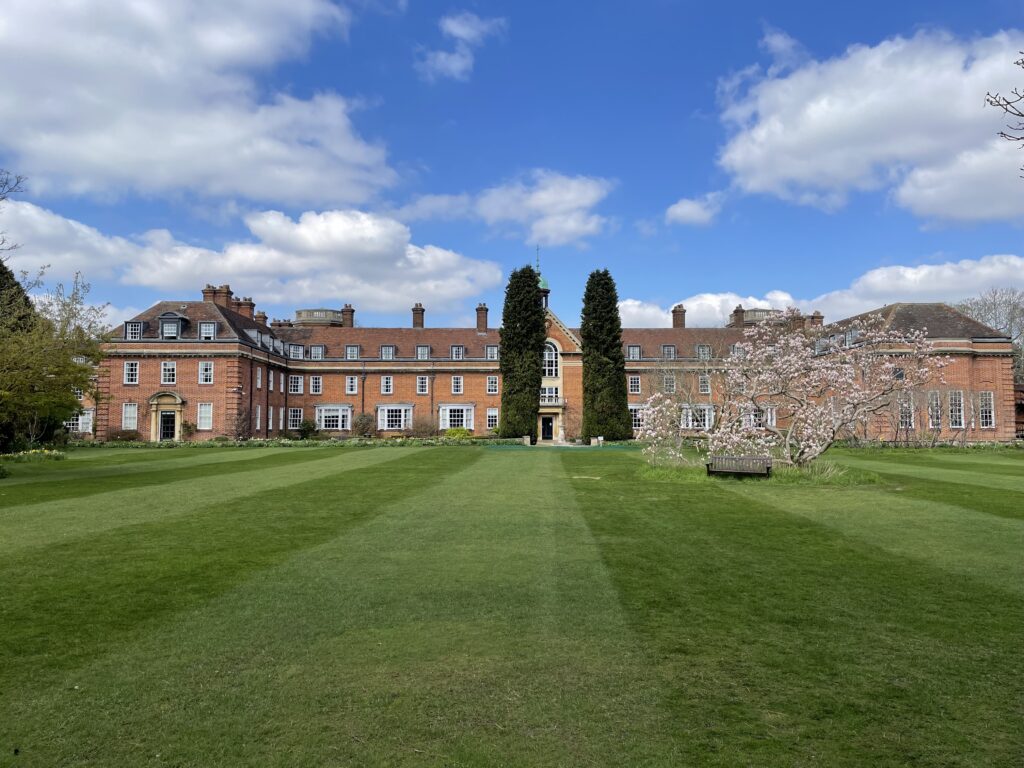The 27th Henry Rowlatt Bickley Memorial Lecture: “The Material Culture of Public Space in Renaissance Italy “

Join us on Tuesday 30 May 2023 for the 27th Henry Rowlatt Bickley Memorial Lecture: “The Material Culture of Public Space in Renaissance Italy ” to be given by Professor Fabrizio Nevola, Professor of Art History and Visual Culture at the University of Exeter. This hybrid lecture will take place at St Hugh’s College, followed by drinks; and will also be streamed live.
The Lecture develops themes explored in Profesor Nevola’s book Street Life in Renaissance Italy (Yale UP 2020) and the recently completed collaborative research project ‘Public Renaissance: Urban Cultures of Public Space between Early Modern Europe and the Present’. Over recent decades, material culture has provided a useful way to analyse religious space and the domestic interior, although the means by which meaning is inscribed on objects through social interactions situated in the public realm has more rarely been considered. And yet public spaces generated formal and everyday meanings through social practices often mediated by objects, at places where goods, knowledge, and news were produced, sold, and consumed, where civic or ecclesiastical authority was enforced and contested or at sites where sociability and communication converged. Moving between textual sources, maps, the built fabric and museum artifacts, the approach is interdisciplinary and structured around material objects, while also allowing for a brief foray into digital public history as a practice-based research method.
Fabrizio Nevola is Professor of Art History and Visual Culture at the University of Exeter. His research focuses on urban and architectural history of early modern cities, with a particular attention on public spaces in Italy. His most recent book, Street Life in Renaissance Italy (Yale UP, 2020), follows several articles and edited collections involving comparative work on urban space. Through grant funded research projects, including the ‘Hidden Cities’ apps and the Florence 4D website, he has developed digital art history approaches using geodata, 3D modelling and GPS technologies; Hidden Cities. Urban Space, Geolocated Apps and Public History in Early Modern Europe (co-edited with with Nicholas Terpstra and David Rosenthal, Routledge, 2022) gathers some of that work.
The lecture which will be held in Maplethorpe Hall, St Hugh’s College, Oxford on Tuesday 30 May 2023 at 5.00pm, followed by drinks. To register to attend in person or virtually (please choose the “online ticket” option when registering for the event so that a link for the live stream can be sent to you beforehand), please click here.
